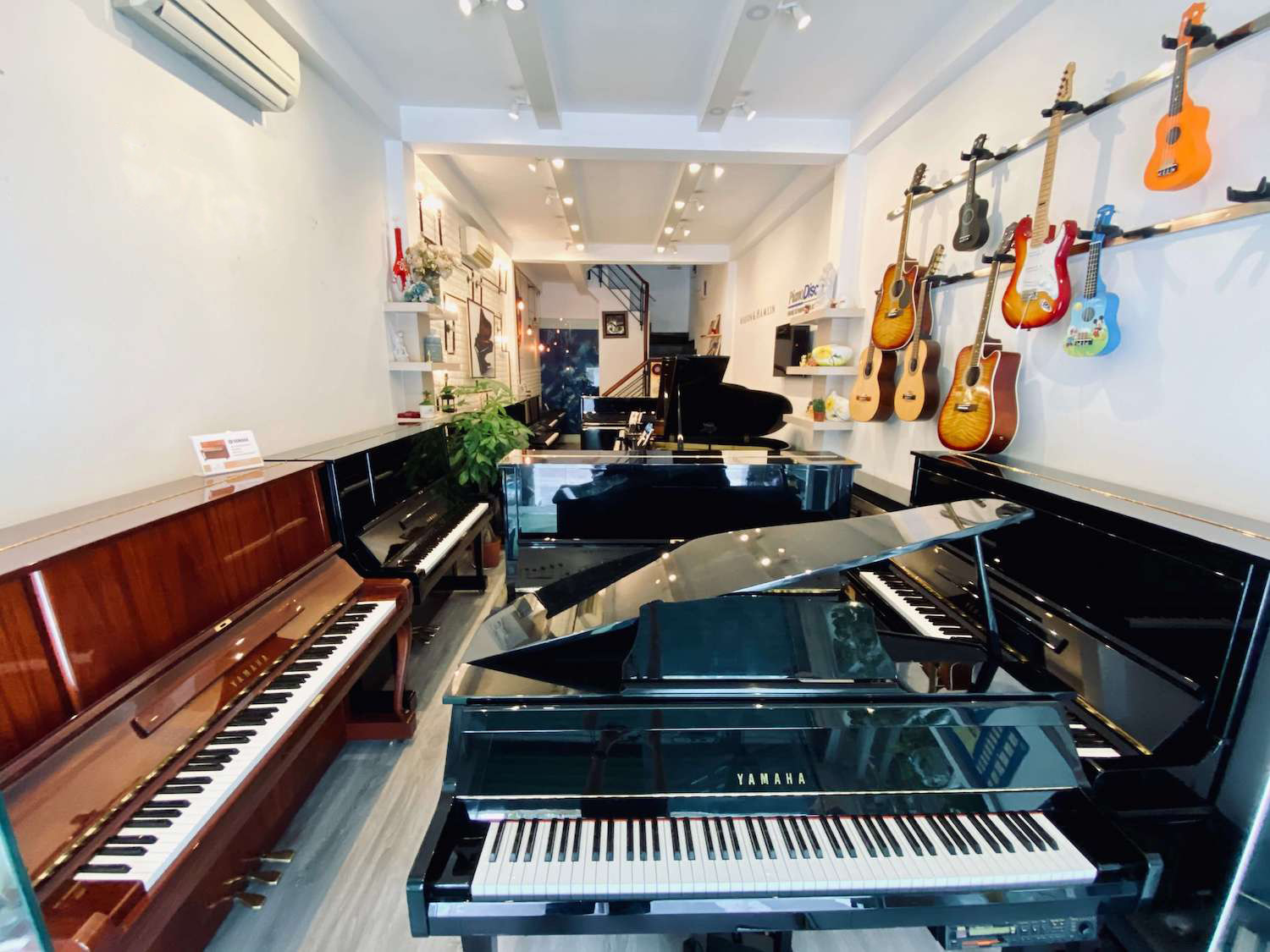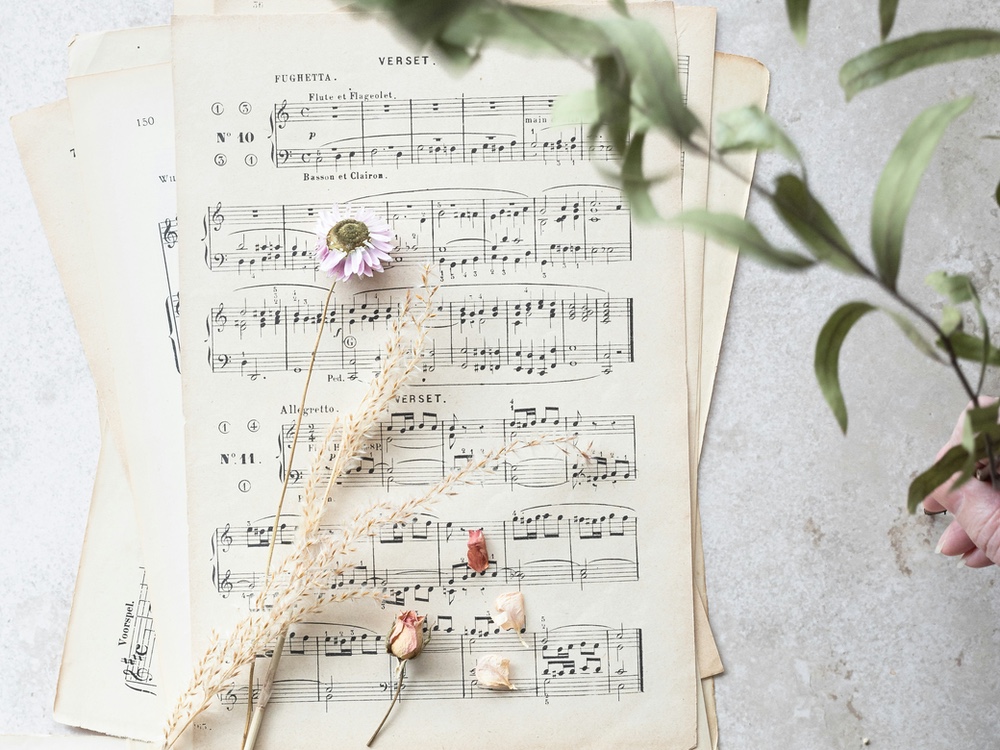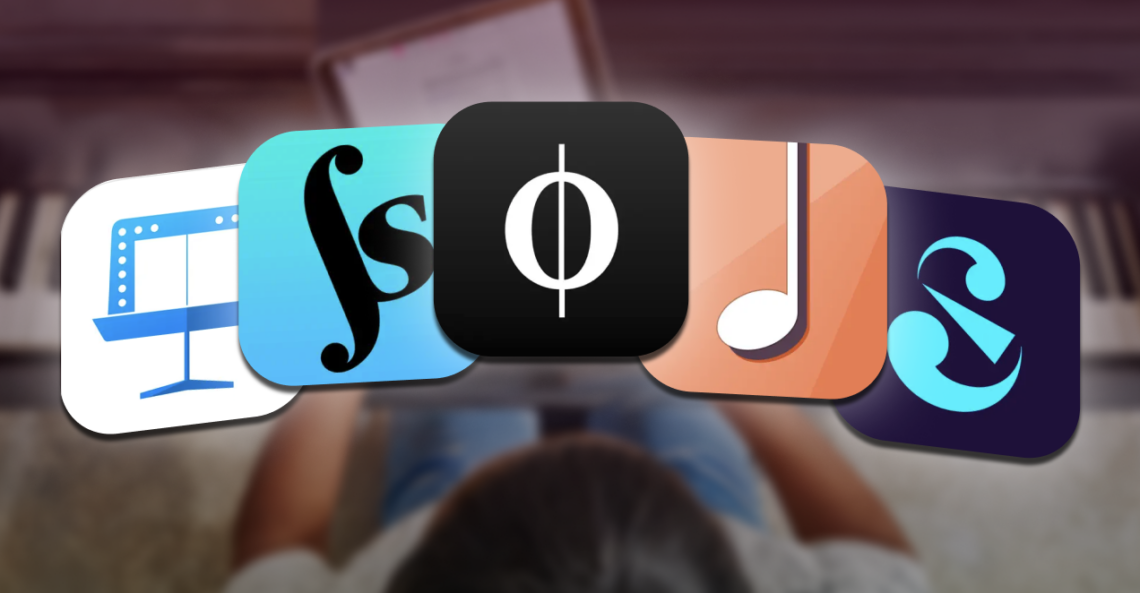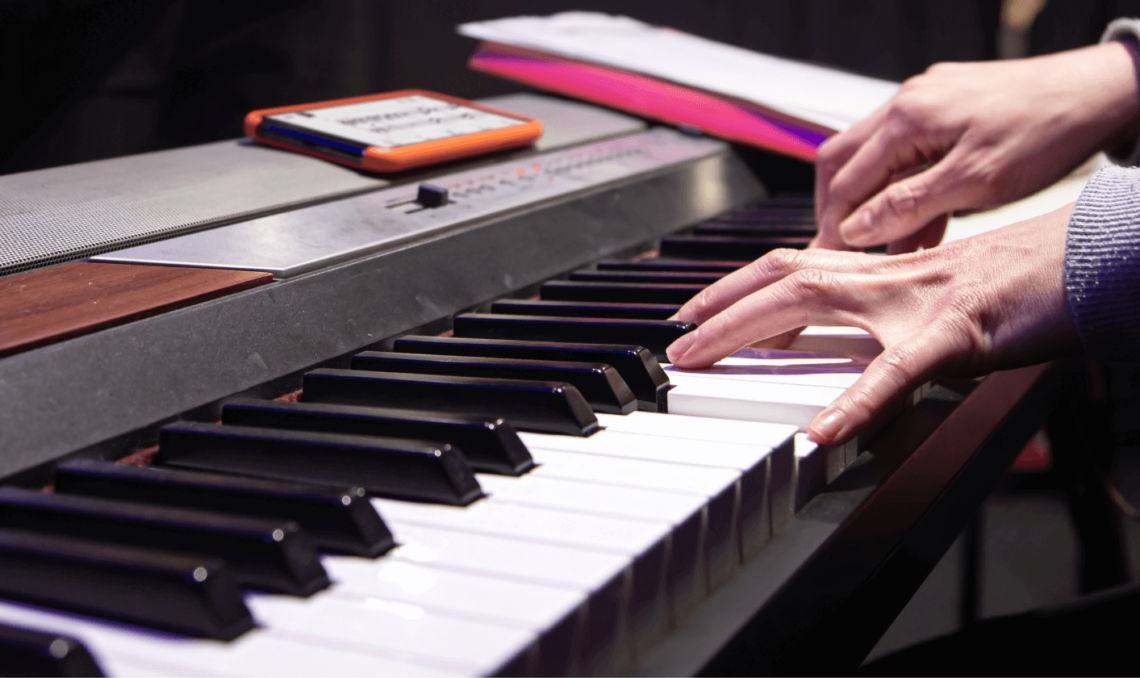Buying a piano is no trivial matter. Once you’ve made the big decision however, your research will uncover a multitude of products, providers and various aspects that you’ve never had to consider before. We’ve put together a list of valuable tips so you know the essential aspects of buying a piano. The goal is to help you go through all the variables and bring you one step closer to your instrument.
How to Buy The Right Type of Piano
So you are thinking about buying a piano? Congratulations! Making the decision is the first step in the process. Now you can start thinking about how to buy a piano and what type of piano makes you happy:
- An electronic piano,
- a hybrid piano,
- an upright piano or
- a grand piano?
Consider, What is Most Important to You When Playing the Piano
Do you want to learn songs and enhance your playing with digital sounds, or do you want to discover the sounds produced by the mechanism of a piano and have as wide a range of playing options and note variations as possible? Or maybe you’d like a combination of the two?
Deciding on the type of instrument is important and should be carefully thought through. Either way, it’s helpful to test all types of instruments, even if you can eliminate a grand piano merely because of the space it requires.
The bigger the range of instruments you try, the more attuned your hearing will become. So you’ll get a better idea of what is important to you. Remember too, that an acoustic piano needs regular maintenance, takes up more space, and is more sensitive to ambient conditions than a digital keyboard. You can regulate the volume on an electronic piano which is a big plus, but the sound might not be as nice (depending on the budget).
Test, Test, and Test Some More Ahead of Purchasing
You can of course buy an electronic piano online, if you’ve already made up your mind as to the model.
We asked Sebastian Pohn, director of the Bechstein piano store in Linz, Austria, and a piano purchasing expert, how he would do it. His recommendation was, that you should always buy a piano in person. “You can’t hear or test the sound or hear how it plays if you purchase online.”

“No two pianos sound the same. Not even two pianos of the same brand or model. If you compare the same model three times, you will notice a difference, even if it’s relatively small.”
“Piano players have to decide based on what sounds good to them,” advises Pohn. It is therefore really worthwhile to visit your nearest piano store. But once you’ve made it into a store and you find yourself in front of the instrument, what should you play? Either way, don’t be shy, or modest. If you can’t play yet, let the salesperson play for you and listen.
“A good salesperson will demonstrate the range of sounds and the difference between models, one step at a time.”
This is how you can decide which instrument you are most comfortable with when it comes to sound. Advanced players should, of course, also test the pianos themselves. It is most important here that you not focus just on the notes. It is better to play a short piece that you are familiar with, so you can fully focus on the instrument and immerse yourself in it. You should play the same piece on all the instruments you want to test. This will allow you to really compare them.
What to Play When Testing Different Types of Pianos
We were curious, and asked Sebastian Pohn, what most people played when they were testing a piano. “It used to be that people would play the Flea Waltz and Beethoven’s Für Elise, but now, most of the buyers play Yann Tiersen’s Amélie and Klaus Badelt’s He’s a Pirate,” he disclosed. You don’t even have to play a piece in its entirety. A few chords, some scales, or a few bars will do.
Our tip: Play in all possible keys, so you can hear the difference between the instruments, which will help you narrow down your decision.
New or Used?
Even if you’re a beginner, in addition to doing research online, good advice is always to be found in a store, whether you’re buying an electronic piano or an acoustic/grand piano. However, it’s hard to say for a beginner whether a new or used piano is the better choice. Pohn’s advice is to not necessarily purchase the cheapest, easiest-to-find piano. “After all, a violin player doesn’t start with a violin purchased at a flea market,” he explains. “As a rule, the best thing for beginners is to rent a decent, entry-level piano that is in good condition. This way, you can find out if you enjoy playing piano and if you like the instrument. Only then can you decide which piano is best for the person in question.”
Should advanced players buy a used piano?
The same applies to advanced pianists: there is no general recommendation of used versus new when it comes to deciding on a piano. However, his many years of experience selling pianos have shown Pohn that experienced piano players don’t often buy a used piano, as they have higher standards.
“If it’s used, it should only be a few years old.”
It is hard to estimate, how much it costs to restore an old piano, but it’s likely that it would cost more than the piano itself. In this case, it is worth having it appraised and then determining the purchase price based on this. In general, however, if you are purchasing a used piano, make sure it is only a few years old.
Budget, Investment and Resale Value
How much you want to invest in your instrument is totally up to you. There are no hard and fast rules to go by. In general, the following price guidelines are helpful when considering the purchase of a new piano (this does not include electronic pianos):
- Beginner: between € 3,000 and € 8,000
- Advanced: up to € 15,000
- Professional: between € 15,000 and € 35,000
This applies only to uprights and can vary from one manufacturer to the next. However, as a rough estimate, it is a good approximation. But even piano manufacturers have increasingly come to realize that this represents a considerable amount. That is why many stores have now started offering pianos that can be rented on a monthly basis. This is considerably cheaper and, depending on the model, the rent usually starts in the mid double digits. This is a great way to test the instrument on your own time, without having to spend a huge amount of money. The resale value should not play a key role when deciding on which piano to buy, according to Pohn.
“When I buy a piano, I’m not buying it so I can quickly resell it.”
And yet, time has shown: The more unknown the manufacturer is, the higher the loss. The same applies when you pick something other than a shiny black piano, a so-called “colorful” piano. Your losses will be higher here too. In general: The more expensive the instrument, the less it will depreciate.
Searched, Tested, Purchased. Now What?
If your instrument has found you, now it just has to get to you. If it’s an electronic piano, this shouldn’t be too difficult as delivery is often included in the purchase price, and the instrument can be easily delivered via courier, or you can pick it up yourself. However, when it comes to pianos or grand pianos, you should always have it delivered by specialists.
As for where to put it once it’s in your home: no direct sunlight or extreme temperatures near the instrument (woodstoves, heaters, windows), as the wood is very sensitive to temperature fluctuations. Even extremely low or high humidity can play a role and can affect how the instrument sounds. That is why a piano should be tuned and serviced about once a year.
Our Special Tip on How to Buy a Piano
We hope that our guide will help you find the perfect instrument. Our special tip, just for you: Don’t be alarmed by all the different aspects discussed here. Decide on your budget and test all the instruments you are interested in. Enjoy the purchase process and talk with as many specialists as you can. It is a fascinating world, and you’ll never forget that special moment when you found your piano. Good luck and enjoy playing!



